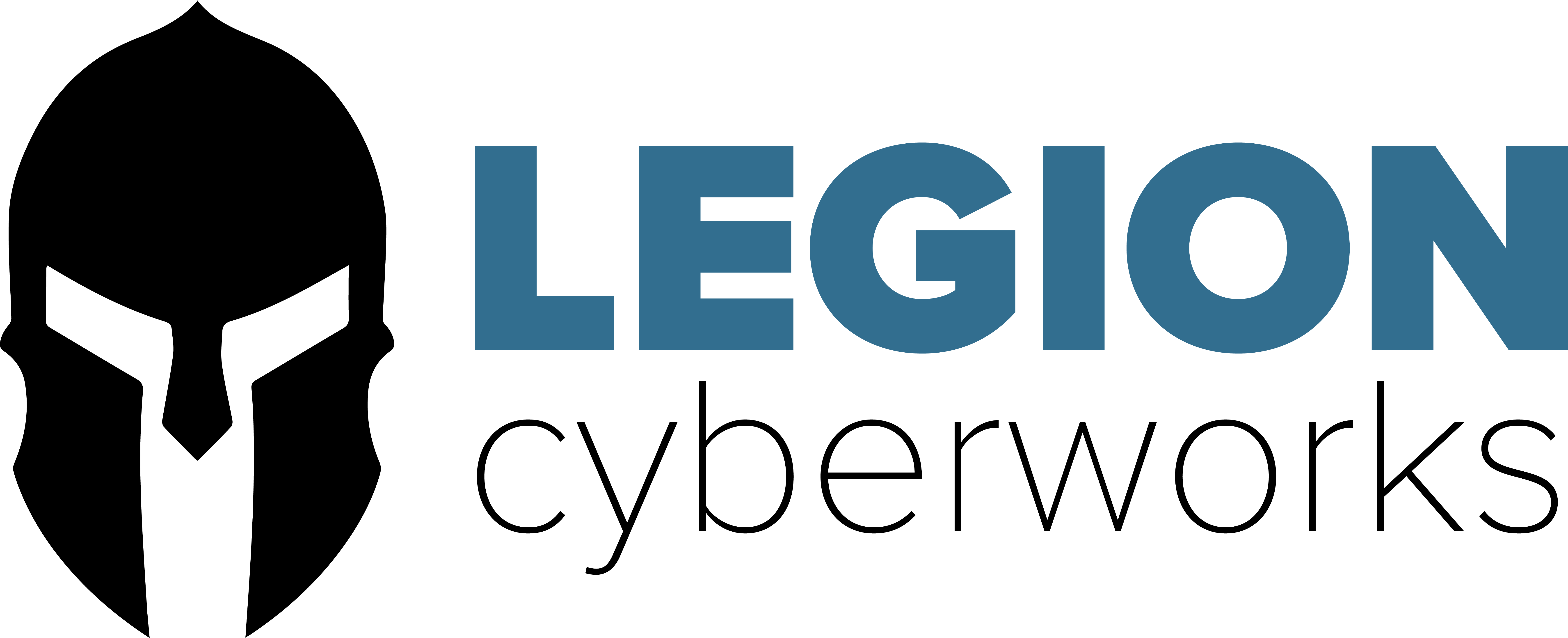In today's digital age, cybersecurity is paramount for businesses of all sizes. As cyber threats continue to evolve, organizations must take proactive measures to safeguard their sensitive data, reputation, and bottom line. One invaluable tool in the cybersecurity arsenal is penetration testing. This article will delve into the benefits of penetration testing for businesses.
What is Penetration Testing?
Penetration testing, often referred to as ethical hacking, involves simulated attacks on a company's IT infrastructure, networks, and applications. By mimicking the tactics of malicious hackers, businesses can uncover weaknesses and vulnerabilities that may go unnoticed otherwise. These vulnerabilities can range from outdated software to mis-configured security settings, providing a roadmap for timely remediation.
In this blog post, we're covering the most compelling ways that pentesting helps unlock your business success. Be sure to contact us if this article resonates with your goals and you want to learn more. We would love to have that conversation with you.
Risk Mitigation
Understanding your vulnerabilities is the first step in mitigating risks effectively. Pentesting allows businesses to prioritize security efforts and allocate resources where they are needed most.
This proactive approach reduces the likelihood of a successful cyberattack and minimizes potential financial and reputational damage. You want to build a cadence and momentum of success at finding and fixing exploitable weaknesses that will get you hacked, and pentesting is the most effective way of getting this done.
Compliance and Regulations
Many industries and regions have specific cybersecurity regulations and compliance requirements. Penetration testing is often a mandatory component of these regulations, such as the Payment Card Industry Data Security Standard (PCI DSS), HIPAA, FTC or SEC regulations, or the General Data Protection Regulation (GDPR). By conducting regular penetration tests, businesses can demonstrate their commitment to compliance and avoid hefty fines and legal consequences.
Better cybersecurity achieved through penetration testing is not only a protective measure but also a strategic investment. It safeguards the company's financial well-being, reputation, and legal standing while providing a competitive advantage in a digital landscape where security is paramount.
Safeguarding Your Reputation
A data breach can tarnish a company's reputation overnight. Customers and partners trust businesses to protect their sensitive information. Regular penetration testing helps maintain this trust by ensuring that security measures are robust and effective. Depending on your needs, your industry, and your clientele, you may want to consider adopting a continuous pentesting strategy. When customers know their data is safe, they are more likely to stay loyal to your brand.
Cost-Effective Security
Investing in proactive cybersecurity measures like penetration testing can be more cost-effective in the long run compared to reacting to a security breach. The financial implications of a data breach, including legal fees, fines, and customer compensation, can be astronomical. By identifying and patching vulnerabilities before they can be exploited, businesses can save significantly on potential breach-related expenses.
Competitive Advantage
Demonstrating a commitment to security through penetration testing can provide a competitive edge. Businesses that prioritize cybersecurity can attract more customers and partners, especially in industries where data security is a top concern. It can also be a selling point when competing for contracts or partnerships.
Continuous Improvement
Regular testing ensures that your security measures evolve with emerging threats. This iterative approach allows businesses to stay one step ahead of cybercriminals and adapt their defenses accordingly.
Penetration testing is not a one-time event; it's an ongoing process.
In conclusion, penetration testing is a critical component of a comprehensive cybersecurity strategy. It helps businesses identify vulnerabilities, mitigate risks, comply with regulations, protect their reputation, and maintain a competitive edge. By investing in penetration testing, organizations can fortify their defenses and reduce the likelihood of falling victim to cyberattacks, ultimately ensuring long-term success in the digital world.


